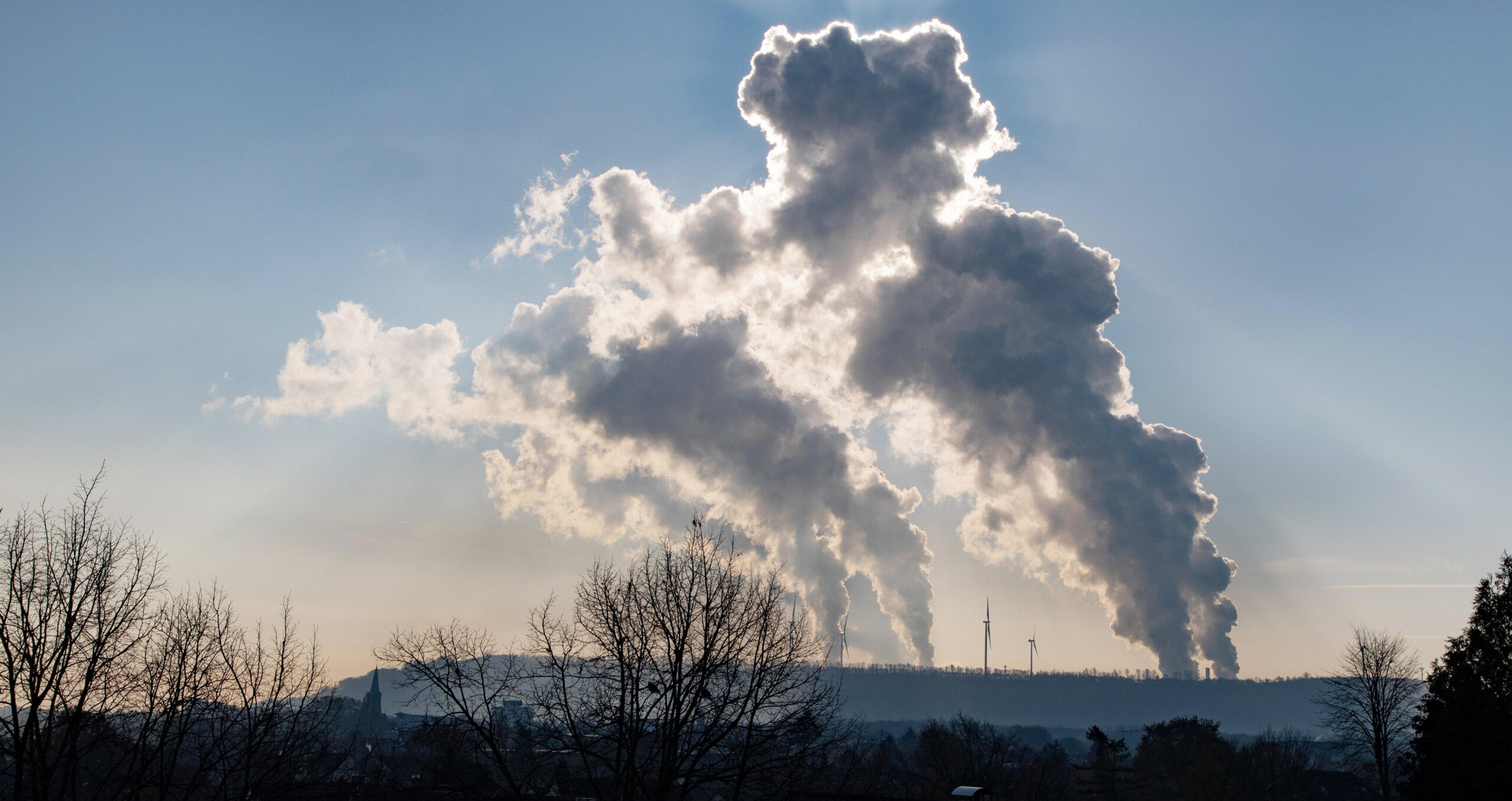
Editor’s note: climate action, public debt and political programmes

The latest edition of our Sustainable Views newsletter
Dear reader,
A few things of note are happening this month. In the UK, new official data has exposed ongoing pressure on public finances (with the government borrowing at higher-than-expected levels in recent months) ahead of the chancellor’s Autumn Statement tomorrow.
The British green energy industry and other influential voices, including Mohamed El-Erian, who advises Allianz and Gramercy and is president of Queens’ College, Cambridge, have called for greater resources for the green transition, rather than tax cuts. News emerged this morning that personal tax cuts will be confirmed.
In continental Europe, the German constitutional court said that the government should not have reassigned unused funds from the Covid-19 emergency measures to the country’s “climate and transformation fund”. Those €60bn cannot be spent for the green transition.
As Société Générale’s Anatoli Annenkov wrote in a research note: “The ruling by the constitutional court clearly highlights the limitations of any progressive government to fundamentally change and adjust the economy to new realities, be it regarding energy sources, climate transition, supporting traditional industries or social reform.”
The decision, noted Annenkov, has budgetary implications for Germany and its fiscal discipline, with discussions over the country’s “debt brake” rule potentially becoming a political item ahead of the 2025 elections.
Also this month, in Latin America, Argentina went to the polls and chose a climate-sceptic as its next leader, with markets appreciating the benefits of his “small government” programme. In particular, president-elect Javier Milei’s stance would benefit fossil fuel investments as he hinted at the privatisation of state-run YPF. The Argentine oil company is overseeing the development of Vaca Muerta, one of the world’s largest reservoirs of shale gas and shale oil.
Analysts like Milei’s broader position on public spending and the country’s deficit, which he wants to slash. Safe to assume no public funds will be allocated to the green transition.
What’s the conclusion of these three policy tales? Something we all know: climate action comes at the expense of something else, which the economic and political rules most of the world operates by often struggle to internalise.
If anyone sees a different pattern in all of this – and has a view on how to fix it – do get in touch.
Meanwhile, we have a deep dive into why banks are not comprehensively reporting the carbon emissions linked to their capital markets activities – meaning those related to structuring a bond, rather than providing a loan – and why this struggle matters.
Our colleague Michael Klimes, at The Banker, takes a close look at the numbers, and reports on the views of green groups, standard setters and some of the world’s largest banks.
Bioplastic products and their manufacturers’ green claims are also on our radar. Florence looks into a study questioning the biodegradability of 22 items, including forks and film coatings, after testing their degradation rates in both terrestrial and marine environments across three US states. It’s fascinating research.
Lastly, Philippa reports on how, as the EU works to finalise its “right to repair” rules, smartphone refurbishers and green groups insist the legislation should ban practices used by Apple and other leading companies that can make it harder for products to be repaired and reused.
This is a crucial area of regulation that has consequences not only for consumers, but for companies and investors too.
Until tomorrow,
Silvia
Silvia Pavoni is the editor of Sustainable Views
Similar Articles

Editor’s note: tariffs and trade policies

Editor’s note: biodiversity, breakdown and batteries


